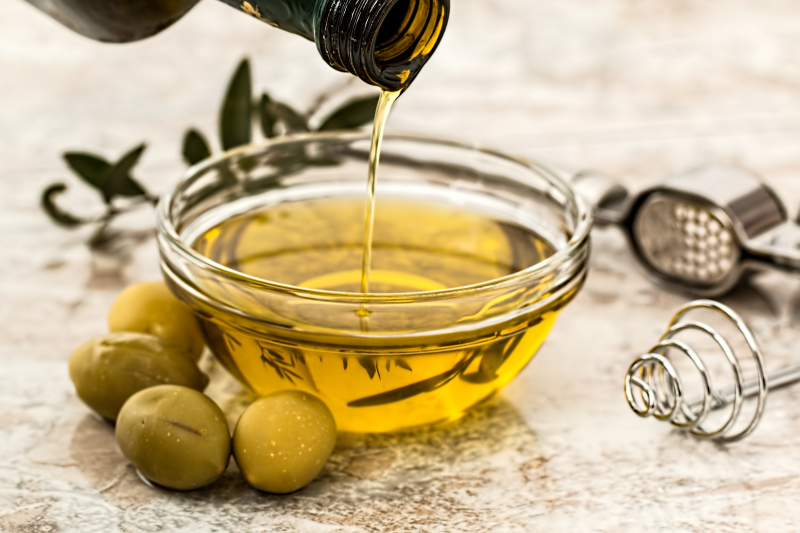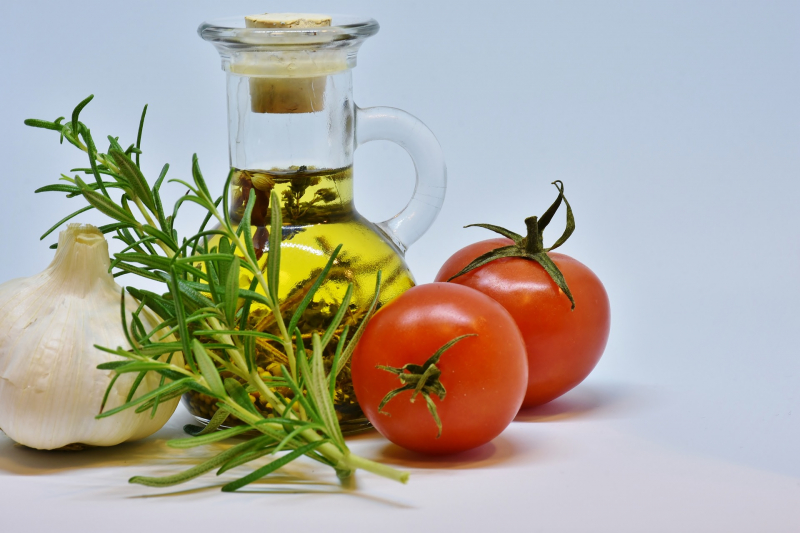Olive oil
When we overeat fat, it will build up as a layer in our body as excess fat. However, fat is still one of the most important groups of substances for the human body. So according to the fact that in the US, people in the process of getting in shape and improving their health are advised to use unsaturated fats, which are not hydrogenated, such as olive oil, instead of trans fats which are found in fast food and preserved cooking oils.
Olive oil is a traditional crop of the Mediterranean region. It has tremendous uses in pharmaceuticals, cooking, soaps, and cosmetics and has fueled traditional kerosene lamps. Olive oil is made by crushing olives and extracting the oil from the olives. This is the type of oil they often use in cooking, drying on pizza, pasta, and or using as an ingredient in salads.
Its aroma regulates the satiety hormone - serotonin in the blood makes you feel full, helps with digestion, and relieves symptoms of constipation as well as reduces the level of carbohydrates in the body. The oleic acid present in it helps the body make oleoylethanolamide which reduces weight and appetite. It lowers blood sugar, increases metabolism, and burns fat. In addition, when eating good fats like olive oil will reduce the risk of cardiovascular disease and type 2 diabetes.
Nutritional facts in 100 grams of olive oil:
- Saturated fat: 13.8%.
- Omega-6: 9.7%.
- Omega-3: 0.76%.
- Vitamin E: 72% of the RDA.
- Vitamin K: 75% RDA.P Extra












